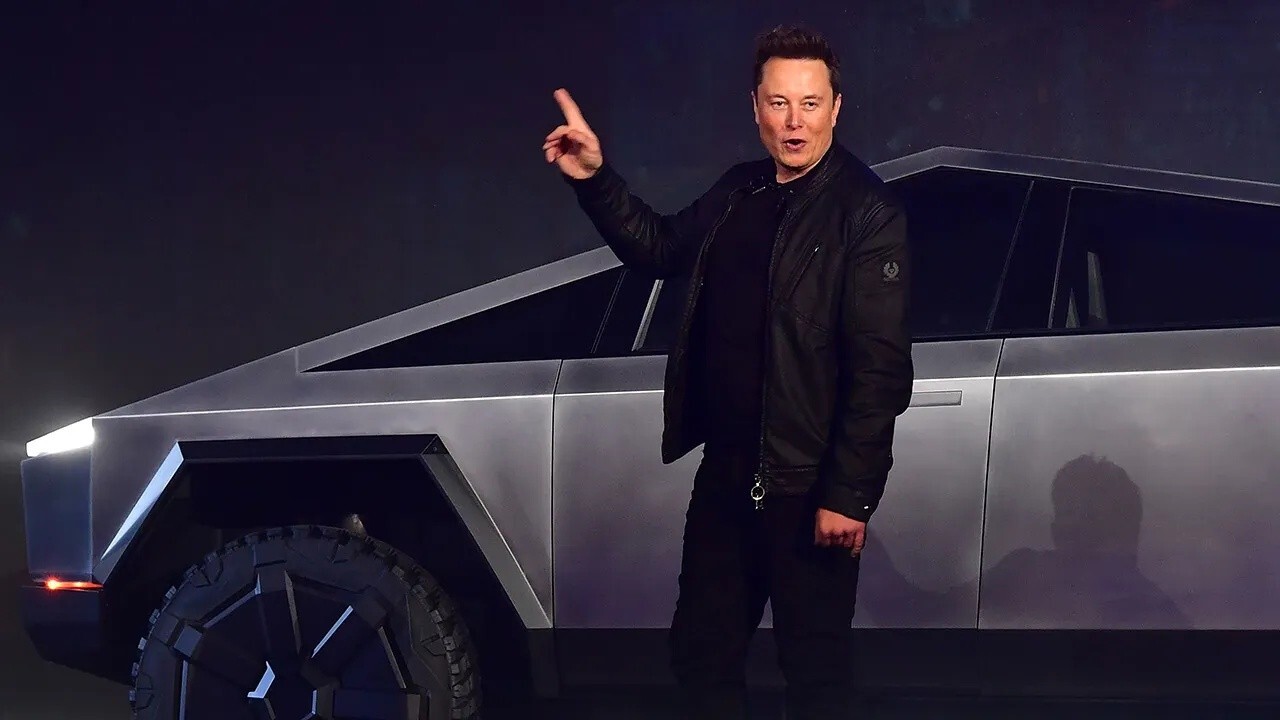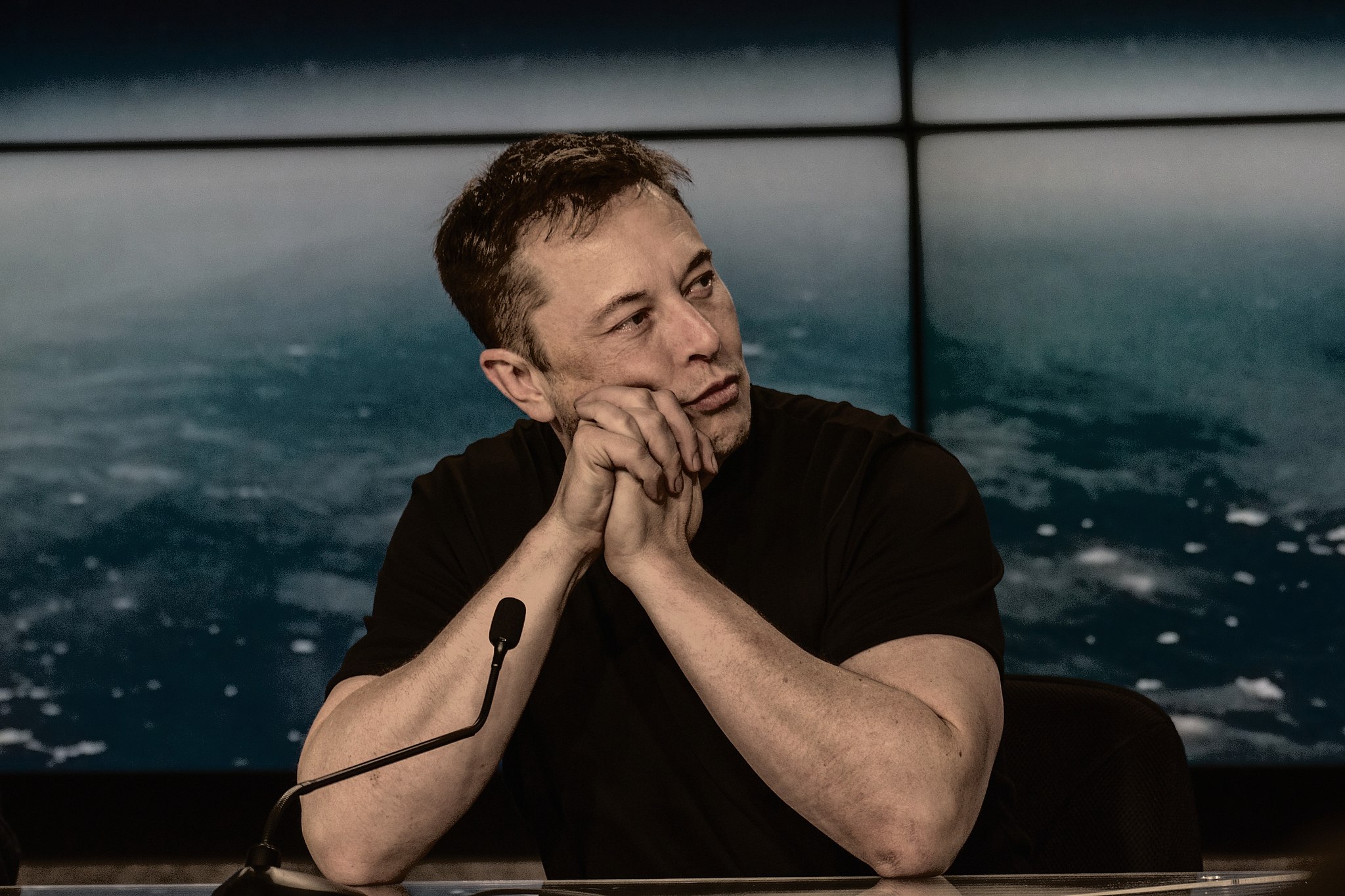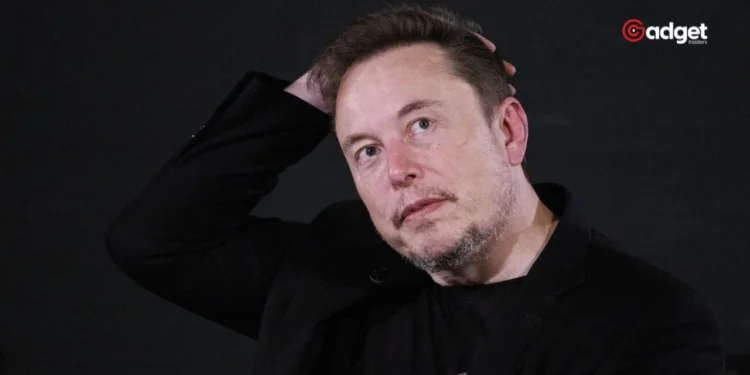Tesla, a name synonymous with innovation and disruption in the electric vehicle industry, finds itself at the center of a heated debate as shareholders express growing discontent over a proposed $56 billion compensation package for CEO Elon Musk.

The Controversial Pay Package: A Deep Dive
Recently, Glass Lewis, a prominent proxy advisory firm, advised Tesla shareholders to reject what could potentially be the largest CEO compensation package in corporate America’s history. The proposed $56 billion deal has sparked widespread debate due to its “excessive size” and the dilutive impact it could have upon exercise, not to mention its potential to concentrate ownership significantly.
Tesla’s board has crafted a remuneration package that includes no salary or cash incentives, linking awards solely to the company’s market performance—specifically, if Tesla’s market value exceeds $650 billion over a decade, starting from 2018. Despite the ambitious target, the current market valuation by LSEG stands at $571.6 billion, short of the stipulated goal.
“Shareholders did not have a meaningfully independent say on pay," @NYCComptroller says. "We have a corporate governance problem at Tesla. It is acting like a family-owned business when it’s a publicly traded business." pic.twitter.com/xpAE6ixDQw
— Yahoo Finance (@YahooFinance) May 24, 2024
Elon Musk: Deserving or Not?
In defense of the proposed compensation, Tesla board chair Robyn Denholm argued in an interview with the Financial Times that Elon Musk’s leadership merits the package. Under Musk’s tenure since 2008, Tesla has turned a $2.2 billion deficit in 2018 into a whopping $15 billion profit by increasing vehicle production sevenfold. This transformative growth under Musk’s vision presents a strong case for his substantial reward.

Shareholder Skepticism and Calls for Change
However, the decision to possibly relocate Tesla’s incorporation from Delaware to Texas following a legal challenge by Delaware’s Court of Chancery has added layers of uncertainty. Glass Lewis expressed concerns about this move, citing “uncertain benefits and additional risk” for shareholders. The decision, questioned by many, reflects broader issues regarding Musk’s focus, given his involvement with multiple ventures, including his recent acquisition of Twitter, now renamed X.
Moreover, a souring relationship between Musk and some Tesla investors has been evident. A group of investors had previously sought a dialogue with Robyn Denholm to discuss Musk’s multitasking and its perceived impact on Tesla’s focus and performance. Their concerns were exacerbated by Tesla’s underwhelming sales figures and a lack of assurance that the EV giant maintained a fully committed CEO.
Upcoming Tesla Annual Meeting: A Decision Point
As the annual meeting on June 13 approaches, all eyes are on Tesla’s strategy to rally retail investors behind Musk’s new compensation deal. This meeting is not just a routine agenda but a pivotal moment that could define the future direction of the company.

Conclusion: A Balancing Act of Innovation and Corporate Governance
Tesla’s journey under Elon Musk’s leadership has been nothing short of revolutionary. However, as the company stands at this crucial juncture, the balancing act between rewarding innovation and maintaining robust corporate governance has never been more critical.
As shareholders weigh the merits of the proposed compensation against the backdrop of recent performance and leadership concerns, the outcome could very well shape Tesla’s path forward in the highly competitive and rapidly evolving electric vehicle landscape.










